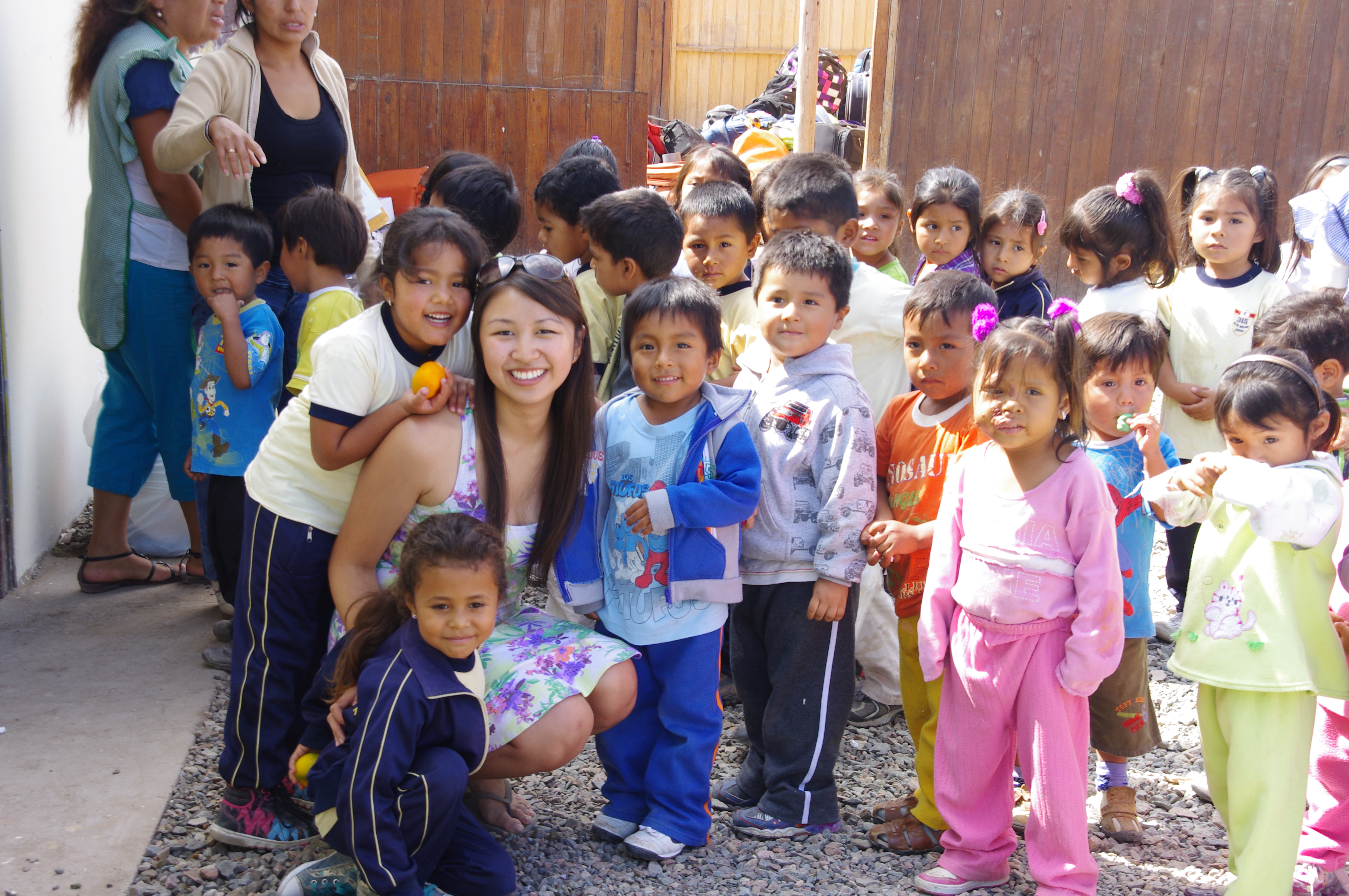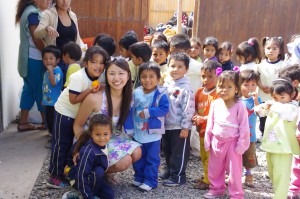Lending a helping hand in South America


With over $100,000 in revenues raised over the course of the 2012-13 school year, the Laurier chapter of Students Offering Support (SOS) is funding three volunteer outreach trips this summer to in-need communities in Latin America.
In May, a group of students travelled to Peru to build an early childhood center. At the end of August, two groups will be travelling to two different communities in Nicaragua- in one they will be building sports stands and a computer lab while in the other students will be refurbishing kindergarten classrooms.
Projects are education-focused, though the specifics of the work vary from trip to trip.
“It’s more-so based on their needs,” explained Mark Prusha, co-president of the Laurier SOS chapter, referring to the communities. “They work with the community usually a few months prior to assess their needs … and then go about purchasing building materials to make that happen.”
Materials are purchased using the funds raised from the exam-AID sessions; however, student volunteers are required to pay out of their own pocket to participate in the outreach trips.
“There are other people that would rather go on a vacation for two weeks and pay the same amount of money,” said Prusha. “But I think it’s easy to tell the people who really want to be there and participate and help out a community, because they chose to make that decision with their money and that shows through in their work and how they interact with each other.”
The trip to Nicaragua next month will be Eric Presacco’s first trip with SOS, though he has been volunteering as a tutor since September.
“What I’m hoping to really get out of it most is to really have an impact,” said Presacco. “To really impact the lives of the people in the community as much as I’m sure they’re going to impact my life. Because it’s really going to be an eye-opening experience going over there.”
The experience Presacco is talking about is the conditions in which volunteers live in for the two weeks they are in the Latin American communities, which are often less developed then those Canadian students are accustomed to. Shawn Lucas, who was the trip leader of the trip to Peru in May, explained that there was no electricity or technology available. Most trips have similar conditions.
“My friends tried to prep me so I was kind of aware of what to expect, but you can’t really plan too far ahead for living in those kinds of conditions and for what you’re going to see with all the different families,” Lucas said, speaking about his first trip. “It was definitely an eye-opener.”
But despite the lack of amenities most Canadian students rely on, Lucas said his time in Peru was the best two weeks of his life.
Caroline Kang is also attending the trip to Nicaragua in August, her first with SOS. She shared the preparation she has been undertaking before her departure.
“For me, mentally, it’s been hard because this term has been so fast-paced,” she said, referring to the summer course she takes as a business student. “But physically I’ve been going to the gym and I’ve been eating healthier.”
As Lucas noted, not everyone is always prepared for the physical labor the trips require. Participants are also required to visit the doctor to receive shots and medication for the trip.
Both Kang and Presacco expressed their anticipation for the Nicaragua trips, hoping to get an experience unlike any other vacation spent abroad.
“I love travelling,” said Kang, “but instead of going somewhere like Europe I figured a volunteer trip with students was something that you can only really do in your undergrad years. So I just thought to make the most out of it.”


